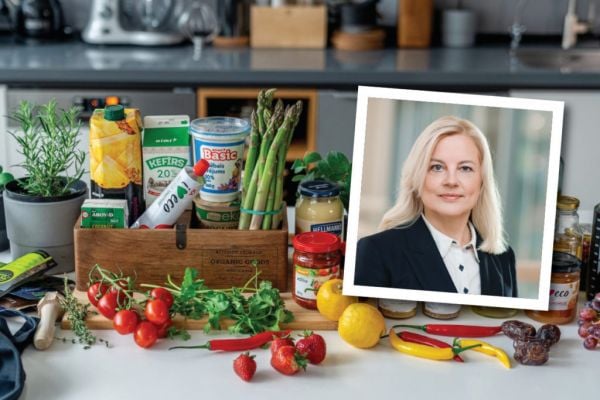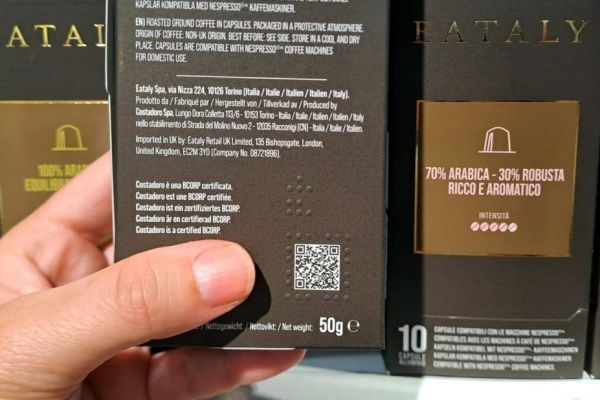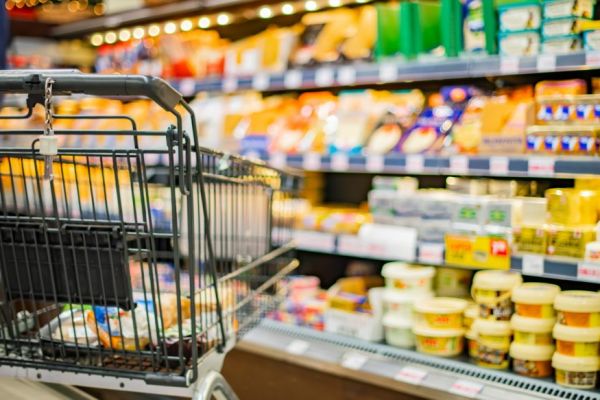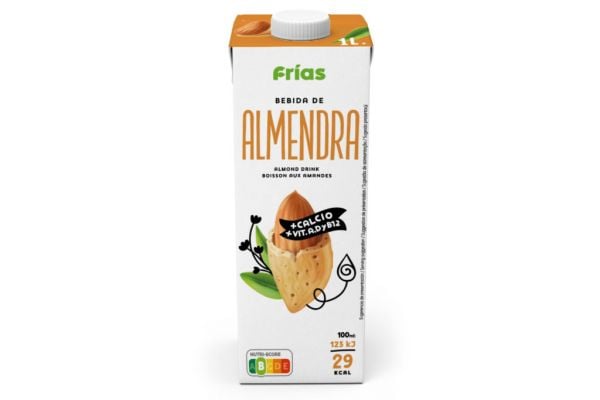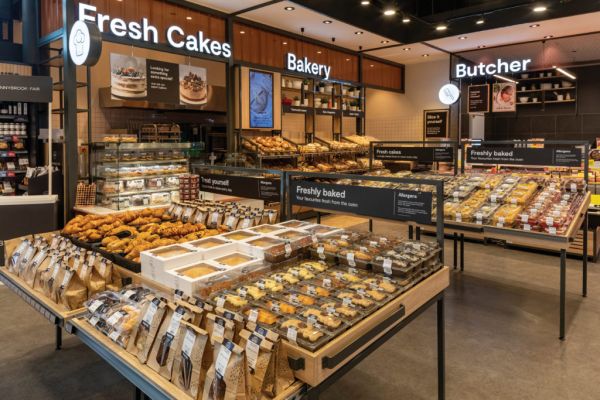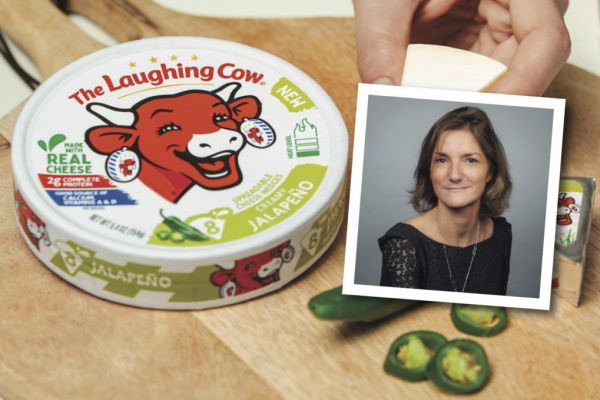n the May/June 2024 edition of ESM, we spoke to several prominent operators across Europe about how they are enhancing their private-label offerings, including Inese Petersone, Commercial Operations Lead, Rimi Latvia.
What recent trends in private label have you observed in your business, and also the wider market?
Recent years have brought many challenges, not only to customers and businesses in the Baltic region, but also globally. Starting from the pandemic and the ongoing war in Ukraine, the business environment has changed quite significantly. We are forced not only to review our existing strategy to support growing demand for the value segment, but also to take real action to support local communities.
One of our strategic directions is to support local producers by preferring their offers for private-label production, but recently this is becoming more challenging.
Recent studies have shown that consumers admit that good value for money has declined in importance [compared to] product origin. At the same time, one of the major challenges in running a profitable private-label business in a small market – the total population for all three Baltic countries [Estonia, Latvia and Lithuania] is around six million – is low-volume consumption.
Most European countries have seen inflation ease in recent months. Do you think that this will affect private-label purchasing, as brands become more competitive?
Although inflation stabilisation is visible already for some quarters, we still see the slow growth of purchasing power, compared to the period before inflation hit the markets. Overall, shoppers are demanding low-price offers, and we see that private label is still one of their preferred choices.
The growth in private-label sales share in the Baltics has seen a steady upward trend that, of course, has been supported by several activities – launching a new value brand, Rimi Smart, etc. At the same time, we have seen different activities from brands to secure their positions in the changing environment.
In what categories has private label performed particularly well for you over the past year, and why?
We are seeing a strong customer interest in private-label products, especially in fresh categories – dairy products and eggs, as well as canned and frozen foods. Fruit and vegetables are also among the most-consumed categories. These categories often offer consumers a balance between quality and affordability, making private-label options appealing.
What opportunities do you see for retailers to maximise the growth of private label in the years to come?
Knowing that one of the main purposes of private labels is to cover the essential needs of customers, we aim to strengthen this position, assuming that the variety of the needs is constantly changing.
Customers are demanding more alternative products to support dietary and/or lifestyle needs. To strengthen and even grow customer loyalty, we are looking at opportunities to introduce unique products, bring novelties into our markets, and support sustainability aspects, which are becoming important in society.
